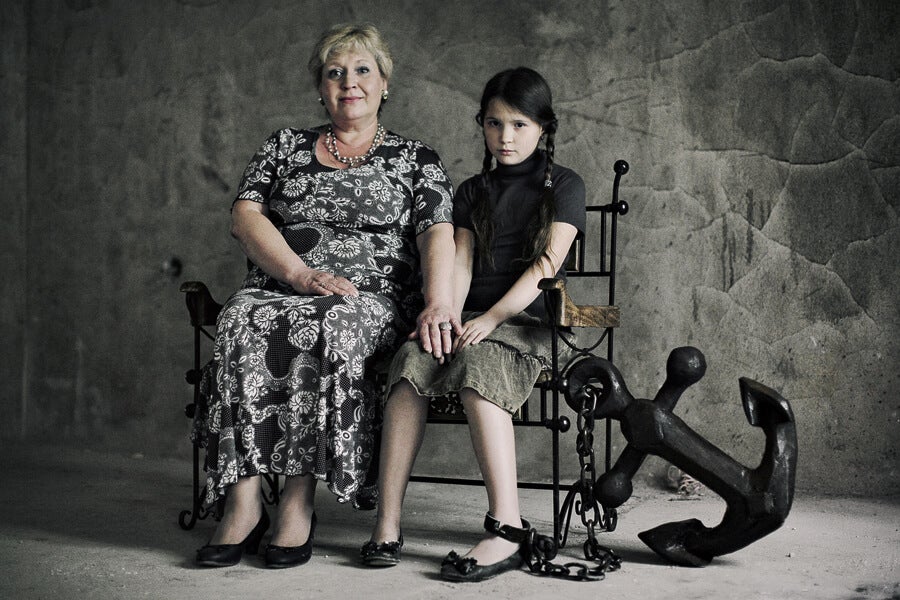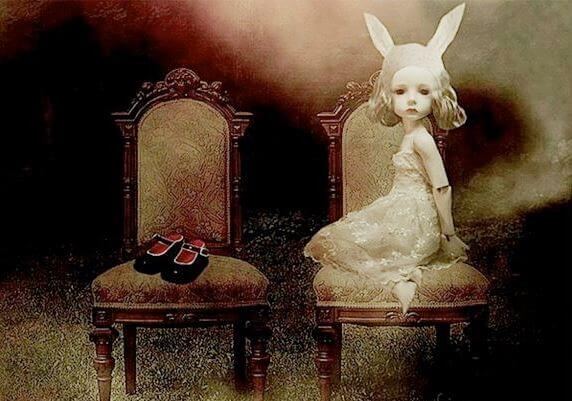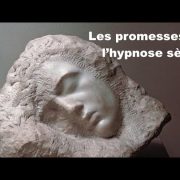Dysfunctional families, commonly known as toxic families, are created through harmful behavior patterns that don’t respect the individuality of every member.
It’s common for children in these families to be the target of psychological or physical aggression. This harms the development and healthy growth of their affective relationships. Furthermore, there are as many different kinds of toxic families as there are destructive attitudes.
When certain characteristics occur within the same family system, it’s possible that we’re talking about an environment of ambivalent emotionality, which is clearly identifiable. Let’s take a look at some of them.
1. The absence of individuality
Toxic families aren’t exactly specialists in respecting the personal space of their members. Therefore, they end up converting free affective dynamics into coercive affective dynamics.
The toxic family ends up being united by obligation, not devotion. In addition, family members contaminated by toxic contacts that undermine their individuality become victims of the need for approval.
This entails the assumption of dissonant and unhealthy responsibilities. In fact, the family members adopt extreme attitudes of overprotection or aggression. These disable their healthy emotional and social development.

2. Overprotection or total neglect
Again, we’re speaking of extremes. As we know, neither is ever good. Overprotection is the opposite pole of autonomy and freedom, which is why it generates great dependency and emotional damage.
If we rescue our loved ones from all evil, then we deprive them of the opportunity to grow and learn to develop their own resolution strategies. This generates an intense and devastating feeling of uselessness.
Overprotective people obtain great secondary gains from excessive care. In this way, they make the overprotected person dependent. In fact, they completely control their lives. This is, in a way, synonymous with manipulation.
Within the toxic family, there’s also total neglect toward parenting or emotional contact. As a matter of fact, this is almost the same as abandonment, one of the great wounds of childhood that persist into adulthood.

3. The rule of “what’s not talked about doesn’t exist”
Avoiding addressing a problem is one of the most common and damaging characteristics of a toxic family. This is impaired communication in its purest form. Even verbal isolation doesn’t imply non-communication, because silence communicates.
In these cases, what silence transmits is tension and danger. This coexists with the discordant and self-destructive message of ” There’s nothing wrong”.
Not talking about conflicts generates real emotional bombs. These bombs get bigger over time until suddenly, they explode. This involves the destruction of all well-being.

4. Lack of flexibility and fuzzy boundaries
In toxic families, there’s a lack of flexibility in all aspects. Consequently, if one of the family members changes, the drama increases. Indeed, without a doubt, if one of them starts to change their attitude and show love, other family members will set the alarm bells ringing.
Roles are established by means of unwritten rules. Anything that endangers the comfort of the family provokes extreme and dramatic attitudes.
There may also be a total and absolute absence of boundaries. This produces a lack of emotional regulation in the family members. Once again, there’s the tendency for dramatics, whether in a veiled way or not.
5. Presence of abuse
Logically, all of these dysfunctions in communication, affectivity, and responsibility lead family members to commit abuse. However, within the toxic family, they’re generally seen as normal conflicts. Nevertheless, they’re far from normal.
These abuses can be toward others, such as physical or emotional abuse, or self-inflicted. In the latter case, addictions and self-harm appear.
These five characteristics are pillars on which toxic or dysfunctional families are based. Becoming aware of them can help us rescue our individuality and that of the people around us.
The post Five Characteristics of Toxic Families appeared first on Exploring your mind.



















Comments